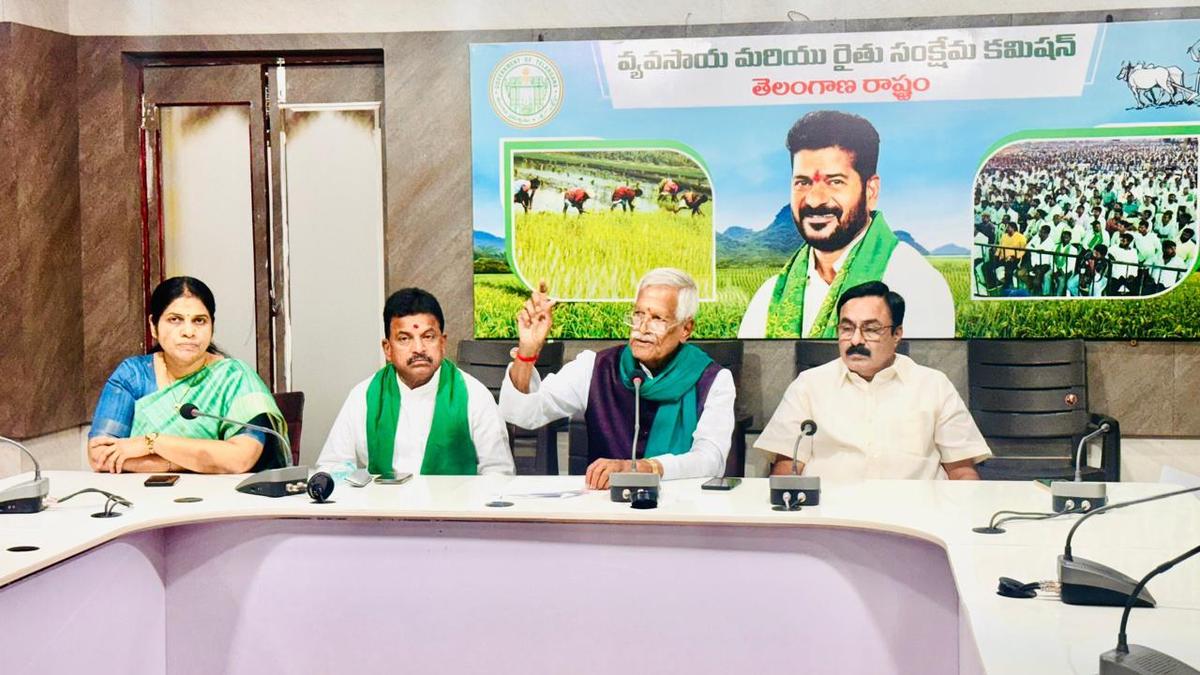Now Reading: Farmers’ Commission Secures Compensation from MNCs: Kodanda Reddy
-
01
Farmers’ Commission Secures Compensation from MNCs: Kodanda Reddy
Farmers’ Commission Secures Compensation from MNCs: Kodanda Reddy

Swift Summary
- Farmers Commission Chairman M. Kodanda Reddy announced that multinational companies were forced to compensate 671 seed farmers ₹4 crore in Mulugu district after the Commission uncovered fraud in maize seed production agreements.
- Telangana produces 60% of India’s seeds, boosted by favorable climatic conditions and government initiatives aimed at global seed exports.
- The Farmers’ Commission under Revanth Reddy’s government expanded its scope beyond farmers and laborers, bringing agriculture itself under its purview-unlike Punjab’s narrower focus.
- A new Seed Act is expected to be introduced to curb irregularities by seed companies; the Commission has studied Haryana’s agricultural legislation for reference.
- the revival of the ‘Adarsha Rythu’ program is underway to promote progressive farming practices across villages. Strong opposition was expressed against genetic modification (GM) in agriculture during the declaration.
Indian Opinion Analysis
The intervention by Telangana’s Farmers’ Commission marks a significant precedent with multinational corporations being held accountable for financial compensation to local farmers,addressing grievances that have often gone unresolved in many parts of India. This milestone could encourage similar farmer-friendly reforms nationwide if replicated successfully.
With 60% of India’s seeds rooted in Telangana, prioritizing global export strategies may elevate India’s position within international agronomy markets; however, this ambition demands stringent regulation via legislation like the proposed Seed Act, ensuring ethical practices benefitting both producers and consumers alike.
India’s resistance towards genetic modification continues as articulated by Mr. Kodanda Reddy-which aligns with broader hesitancy across sectors-but potential progress might rely on balanced evaluations between innovation and traditional values upheld through programmes like ‘Adarsha Rythu.’ While these measures showcase promising steps forward for farming communities, sustained oversight remains pivotal.
Read more: Link

























